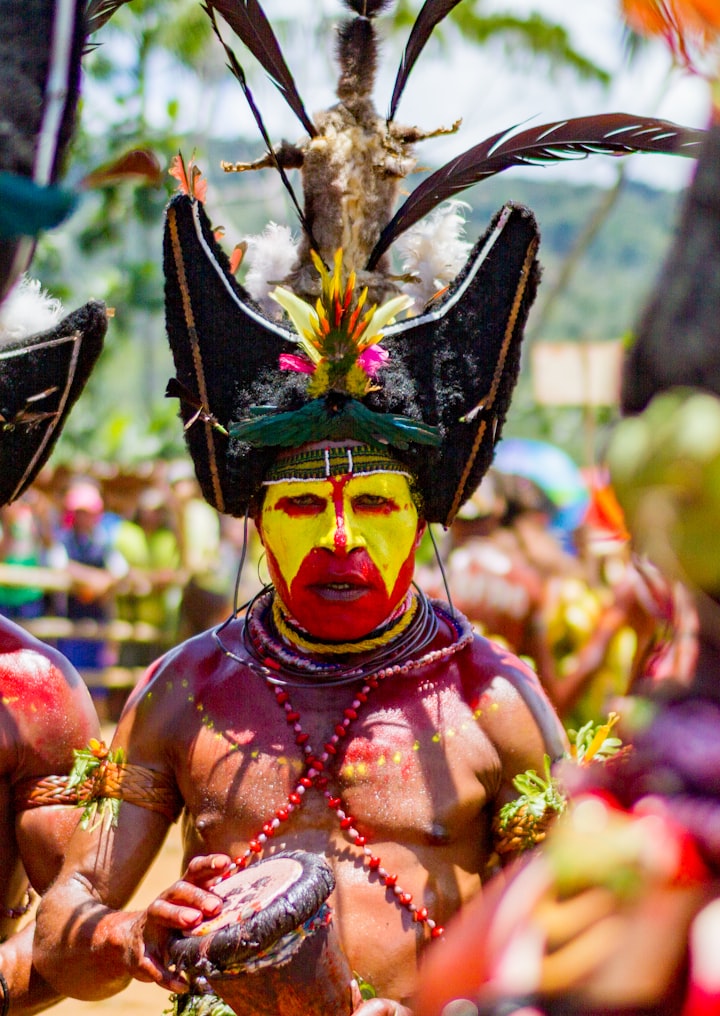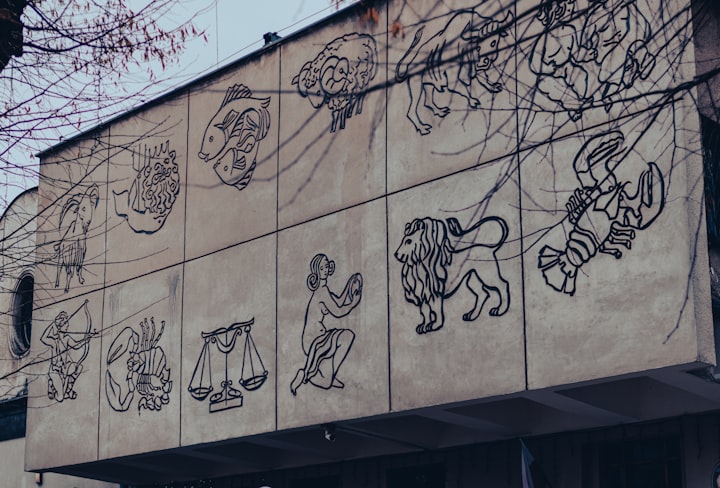HOW ANCIENT CULTURES FASCINATES US
(HISTORY'S ATTRACTION TO HUMANS)

We are profoundly captivated and fascinated by ancient civilizations, which pique our interest in the past and pique our curiosity about the people who lived there. They have left a lasting impression on our collective psyche with their tales, feats, and riddles that still ring true with us now. We find ancient civilizations fascinating for the following reasons:
> With limited technological means, ancient civilizations accomplished amazing feats of engineering, architecture, and ingenuity. Their brilliance and inventiveness are on display in the spectacular temples of the Maya and Aztec civilizations, the Great Wall of China, and the Egyptian pyramids. We are in wonder and appreciation as we consider the extraordinary craftsmanship and in-depth understanding needed to realize such dreams in these architectural marvels.
> Cultural and artistic diversity: Older civilizations created distinctive cultures and aesthetic styles that still fascinate us today. Their religious beliefs, myths, and tales provide insights into their worldview and the nature of humanity. Aesthetics and artistic sensibility can be seen in finely crafted sculptures, colorful paintings, and excellent pottery. These artifacts, which range from the enigmatic Lascaux cave paintings to the magnificent works of ancient Greek sculpture, provide a concrete link to our ancestors' creative impulses.
> Complex society with sophisticated social, political, and economic institutions characterized ancient civilizations. These civilizations provide a window into the various ways in which people have structured themselves, from the egalitarian society of the Indus Valley Civilization to the hierarchical systems of the Maya and Inca. The analysis of their social structures, legal frameworks, and forms of government sheds light on the problems they encountered and the solutions they came up with.
> Ancient civilizations frequently leave us with tantalizing secrets that pique our interest. The mysterious structures, like Stonehenge in England or the Moai statues on Easter Island, raise concerns regarding their intended use and the methods employed in their construction. The decipherment of ancient writing systems, such as the Egyptian hieroglyphs or the Mayan glyphs, provides a window into extinct languages and knowledge. The investigation and creative minds of historians, archaeologists, and fans are all sparked by these mysteries.
> Contributions to Science and Knowledge: Several ancient civilizations produced important advancements in a variety of knowledge domains. For instance, the Greeks created the groundwork for astronomy, mathematics, and philosophy, and their philosophical discussions continue to influence the modern intellectual conversation. The Chinese made significant contributions to science through their achievements in astronomy, technology, and medicine. Investigating the scientific accomplishments of ancient cultures enables us to appreciate the knowledge that was first sown long ago and comprehend the development of human understanding.
> Historical Importance: Ancient civilizations had a significant impact on how history developed. Future generations have been impacted indefinitely by the rise and fall of empires, the dissemination of cultural ideas, and the interconnections between civilizations. Understanding the origins of our own cultures, appreciating the historical setting in which we live, and gaining a wider perspective on human development are all made possible by studying past civilizations.
> Lessons for Today: Some many timeless truths and lessons may be learned from ancient civilizations. Ancient philosophers like Socrates and Confucius, as well as the knowledge found in works like the Tao Te Ching and their teachings, are still relevant in today's society. As we manage the complexity of contemporary culture, we can learn from the failures and successes of the past.
> Exploring ancient civilizations enables us to recognize our shared human history and establish a connection to our ancestral heritage. We learn more about our own identities and cultural origins by researching the cultures, traditions, and accomplishments of those who came before us. It encourages continuity and serves as a reminder of the enormous web of human history into which we are all intertwined.
In conclusion, because of their remarkable achievements, cultural diversity, lasting mysteries, and significant influence on our world, ancient civilizations continue to captivate us. They serve as a reminder of the intricacy, invention, and creativity that humans are capable of. We learn more about the past, get a better understanding of ourselves, and develop a deeper appreciation for the range and depth of human accomplishments throughout history by studying ancient civilizations.
About the Creator
Zenia Samson
Hi, I'm Zenia and I love to get information and know the facts as I believe in the motto of "Knowledge is power" and I would love to be a powerful person.
Here im going to share my power with you
Thanks!






Comments
There are no comments for this story
Be the first to respond and start the conversation.